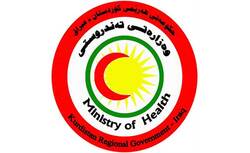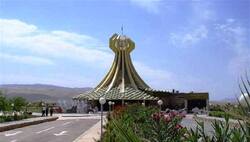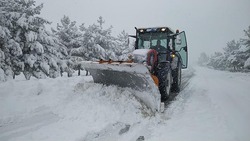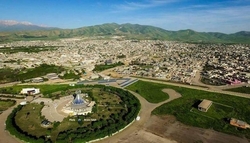Halabja's call for provincial status: Remembering the chemical attack after 36 years
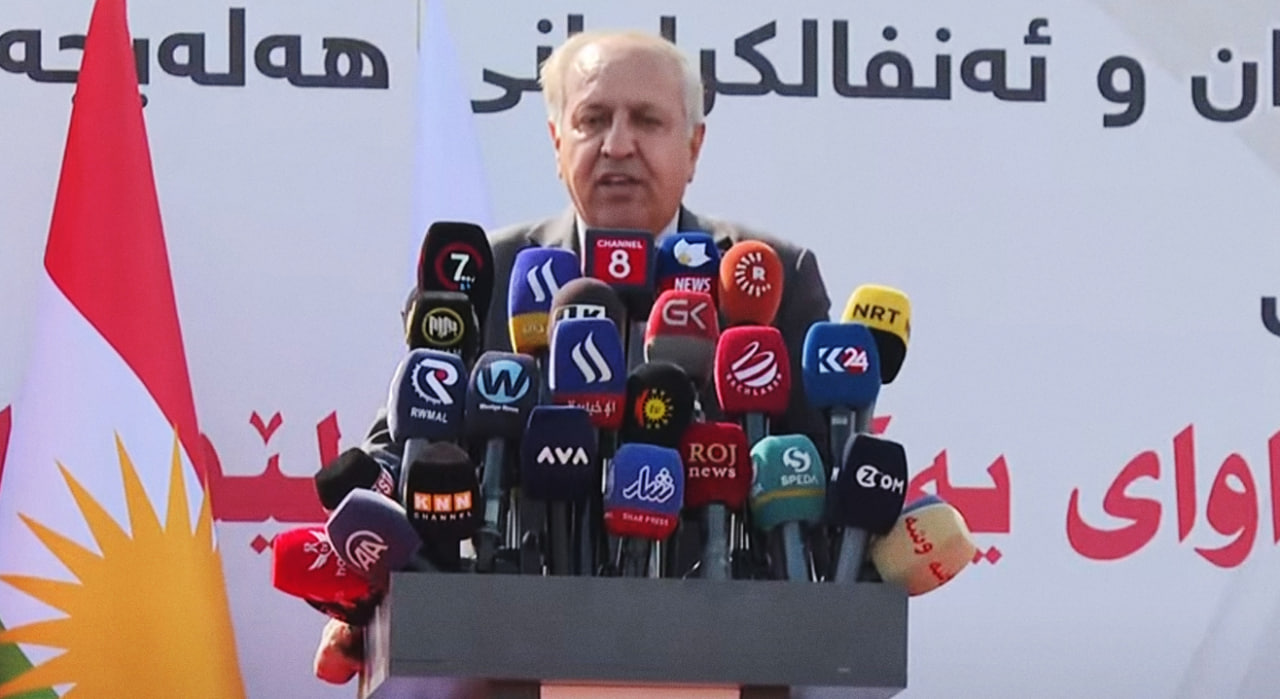
Shafaq News / The Head of the Local Government of Halabja Azad Tawfiq reiterated his demand on Saturday for the establishment of the 19th governorate in Iraq, emphasizing that "the federal government should not discriminate against citizens from Zakho to the farthest point of Faw."
Speaking on the 36th anniversary of the chemical attack on Halabja, Tawfiq said, "More than 5,000 innocent people were killed in that bombing. What has the federal government offered to their families? What will it offer?"
He called on the Iraqi government to establish Halabja governorate in 2025, coinciding with the 37th anniversary of the chemical bombing. He added that "if Halabja becomes a governorate, we will have our budget, projects, and representatives in the Iraqi Parliament," emphasizing, "Our message to the Iraqi government is to approve the establishment of the governorate."
Notably, Prime Minister Mohammed Shia al-Sudani announced on March 13, 2023, the cabinet's approval of a draft law to establish Halabja governorate and referred it to the Iraqi Parliament for a vote. However, the parliament failed to pass it due to political disagreements.
The Kurdistan Regional Government (KRG) decided in June 2013 to establish Halabja governorate, headquartered in the city of Halabja, comprising the districts of Halabja, Sharazor, Penjwen, and Sayed Sadiq, which were previously administratively linked to al-Sulaymaniya governorate. However, the federal government has not yet recognized it as a governorate
Former KRG President Nechirvan Barzani signed a decision on March 13, 2014, to establish the new governorate, declaring Halabja as the fourth governorate of Kurdistan. The decision was made three days before the anniversary of the chemical attack on Halabja.
Additionally, former Prime Minister Mustafa al-Kadhimi pledged to facilitate the declaration of Halabja as the 19th governorate in Iraq during his visit to Halabja in September 2020.
In 1988, Iraqi aircraft bombed Halabja with a mixture of mustard gas, nerve gases, and Sarin gas during the war with Iran.
According to experts, about 5,000 people from the city's population were killed.
Despite many years passing, the city's inhabitants, numbering 200,000 today, still suffer from the aftermath of the tragedy.
Among them are 486 survivors living in difficult health conditions, according to Luqman Abdul Qadir, the head of the Halabja Chemical Bombardment Association.
